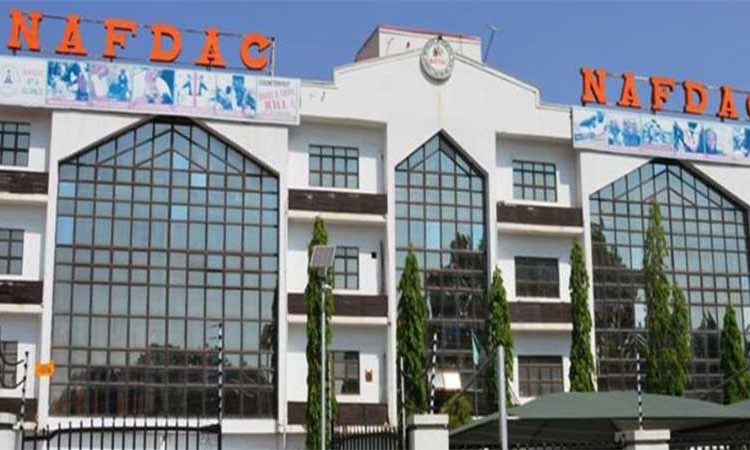National Agency for Food and Drug Administration and Control (NAFDAC) is collaborating with the Nigeria Natural Medicine Development Agency (NNMDA) to facilitate clinical trials for herbal medicines.
This, the agency said will help promote the development of scientifically validated, safe and effective indigenous remedies that meet global standards.
The director general of NAFDAC, Prof. Mojisola Adeyeye, disclosed this in a statement issued yesterday, saying the partnership would enable more herbal medicine practitioners to obtain full approval for their products through clinical trials.
She said while many Nigerian herbal practitioners have the capacity to develop potent remedies, the high cost of conducting clinical trials has remained a major barrier to securing full registration approval.
“If you have a herbal medicine that you cannot prove scientifically, its efficacy and safety through data, then it cannot be fully registered by NAFDAC,” Adeyeye said.
She explained that NAFDAC currently offers two levels of approval for herbal medicines. The first, known as a “listing” approval, is granted after a product passes toxicology safety tests in the agency’s laboratory. Such products receive a two-year approval, identifiable by a NAFDAC number ending with the letter “L.” The second, a full five-year approval, requires successful clinical trials that scientifically establish the product’s efficacy and safety profile.
Prof. Adeyeye noted that although NAFDAC has listed thousands of herbal products, only a few have undergone full clinical evaluation.
“We know herbal medicine works. The challenge is to determine the safe and effective dosage through clinical trials. Natural does not always mean safe, some products can damage the liver or kidneys if not properly regulated,” she said.
The NAFDAC boss recalled that prior to the COVID-19 pandemic, the agency launched the Herbal Medicine Products Committee to foster collaboration among researchers, practitioners, and regulators. This initiative, she said, aims to bridge the gap between traditional knowledge and scientific research.
Adeyeye also revealed that NAFDAC and the NNMDA are working to identify select herbal medicines that have already been listed for use in pilot clinical trials. The goal, she said, is to establish beyond doubt the efficacy of these remedies so they can be included in Nigeria’s forthcoming National Formulary for Herbal Medicines.
“We are working with our practitioners and approving herbal medicines daily, but we are moving toward a phase where only those that have gone through proper clinical trials will make it into the national formulary,” she added.
To assist herbal manufacturers, Adeyeye said the agency has published guidelines and factory floor plans on its website to help small-scale producers meet basic regulatory and hygiene standards.
She also shared her personal experience leading a U.S.-based research project that developed an anti-sickling polyherbal medicine, previously listed by NAFDAC, which showed promising results in laboratory and early clinical trials for sickle cell disease.
“We are determined to assist our practitioners in the area of clinical trials, and together with the NNMDA, we shall mobilise resources to help some herbal medicines achieve full registration after going through due process,” she assured.
NAFDAC reiterated its commitment to safeguarding public health while promoting innovation and indigenous knowledge within Nigeria’s natural medicine sector.





